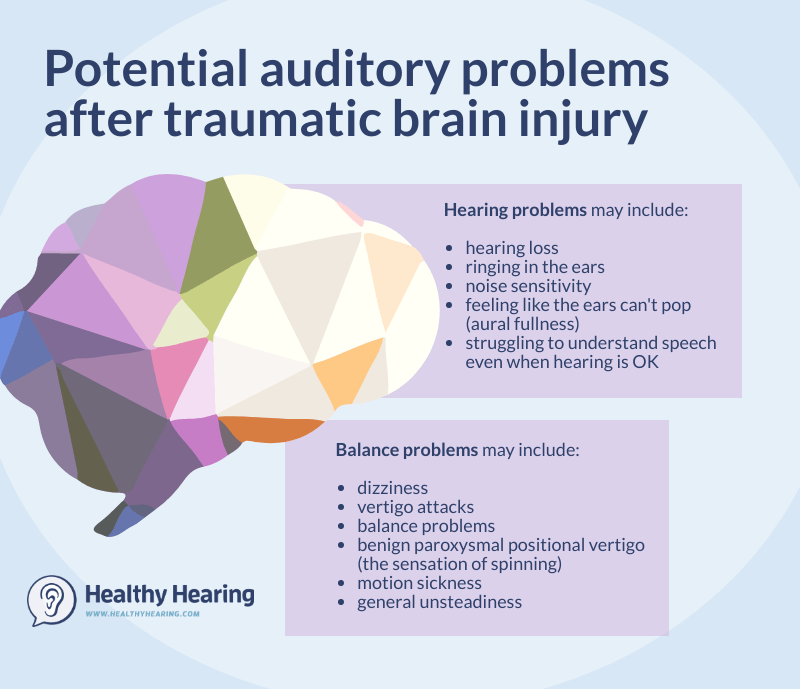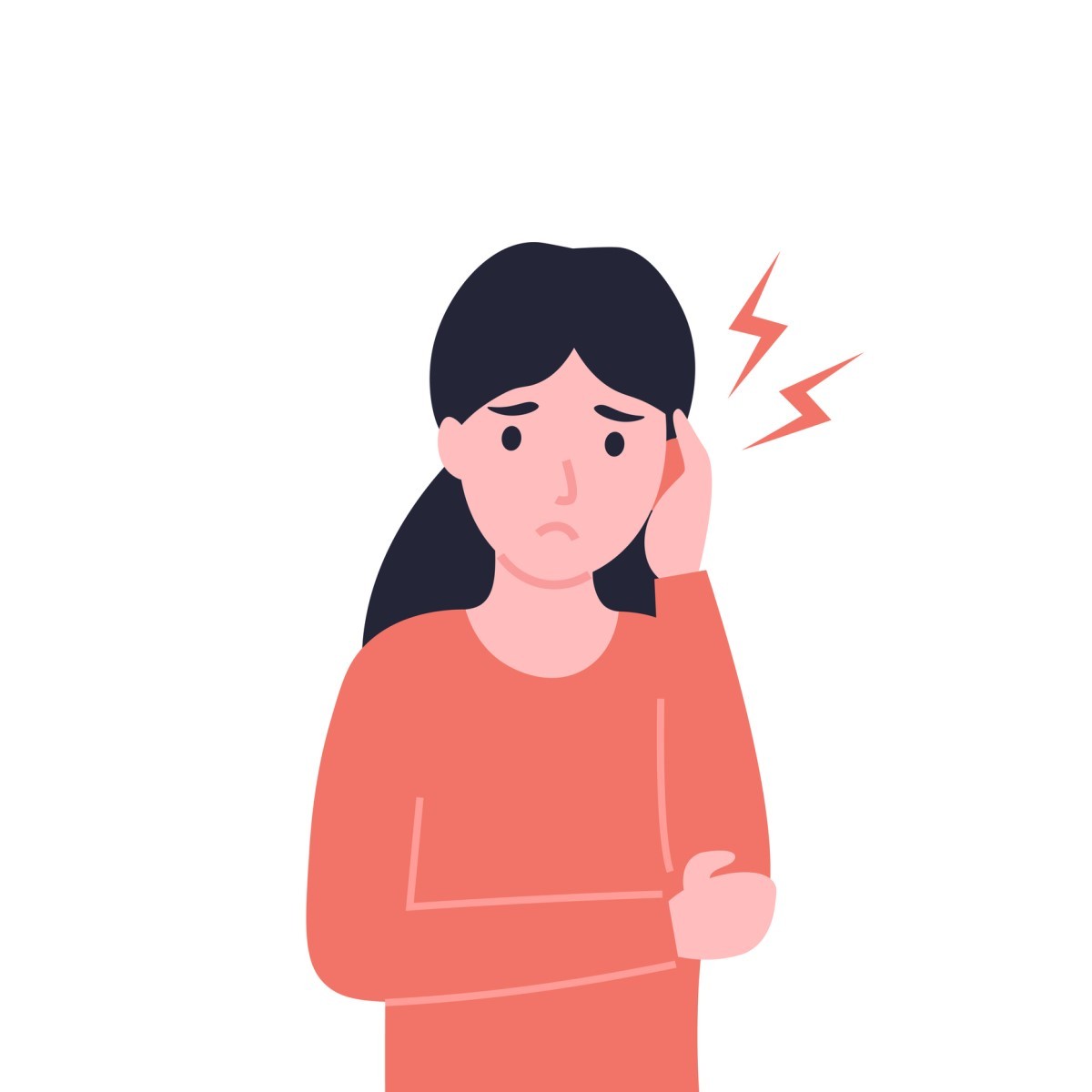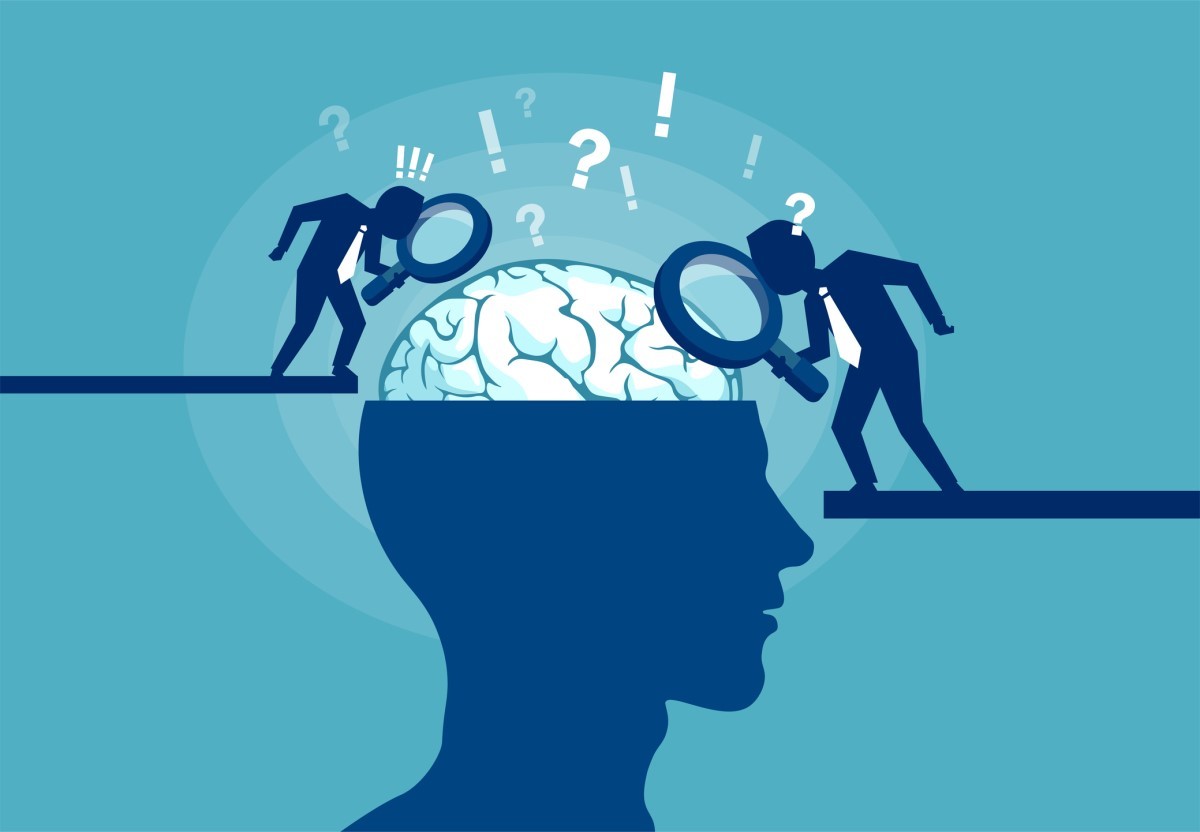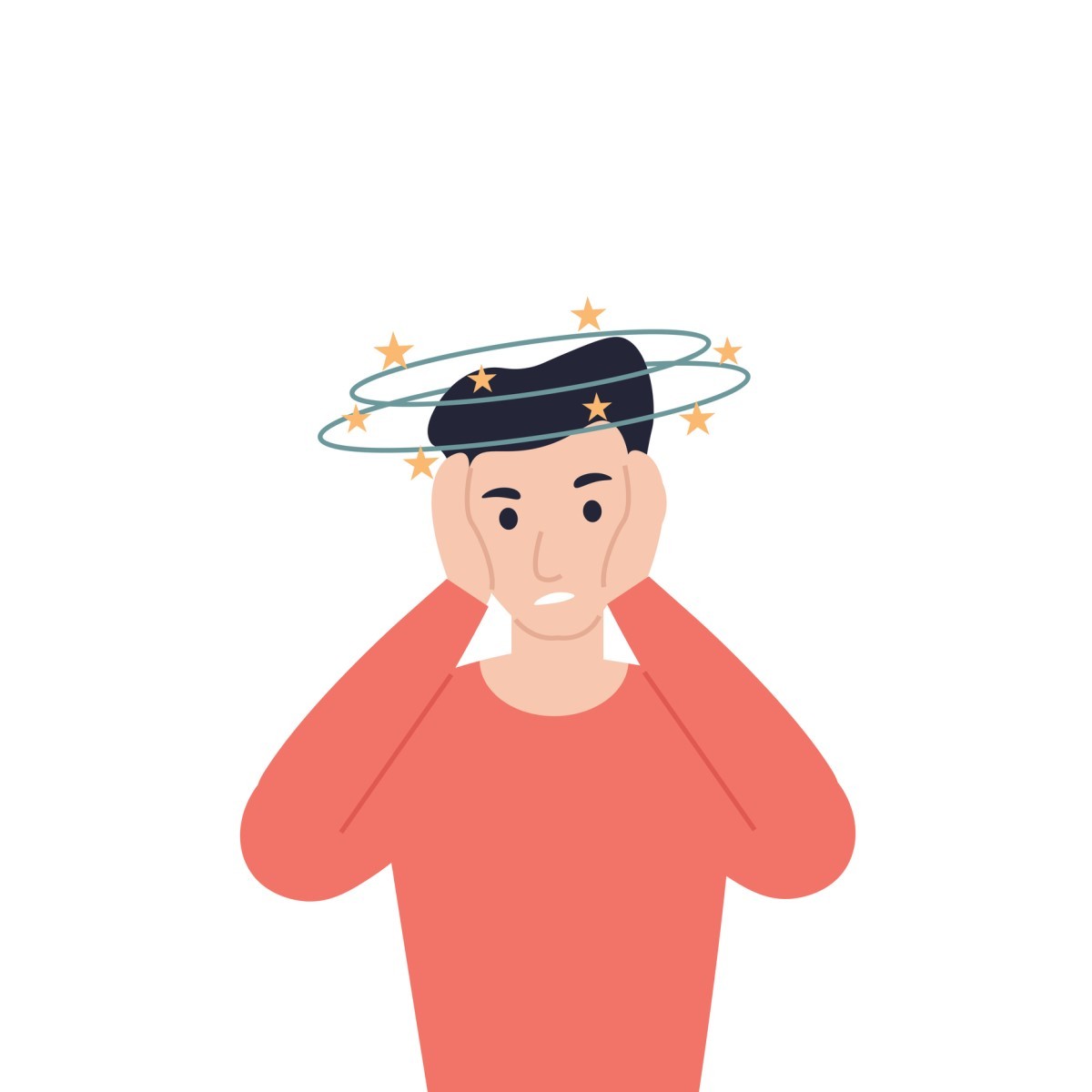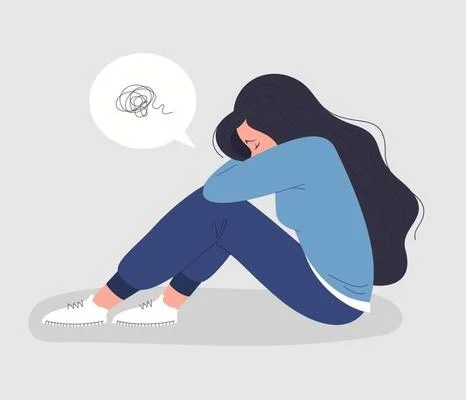Head Injury & Audiology
Traumatic Brain Injury (TBI) is a brain injury resulting from an external physical force to the head, that occurs suddenly and causes damage to the brain. This is typically caused by a bump, blow, jolt to the head, or a hit to the body that causes the head to move quickly back and forth, causing the brain to follow the impact flow, leading to injury to the brain inside the skull. Impact related brain injuries are often referred to as 'a concussion'. Unknowingly, minor types of brain concussions occur in amateur sports like mountain biking and road cycling, ATV UTV and dirt bike trail riding, rock climbing, wakeboarding, water skiing, ice hockey, jet skiing, etc. We also see many closed head injury concussions from 'in play' high impact incidents for participants of high school intramural sports such as football, basketball, soccer, gymnastics, and wrestling. While there are protective gear to help reduce the injuries of physical force to head impacts (like helmets and mouth guards), many people have concussions as a result of a trip and fall, work accident, or a crime incident involving physical violence. A large number of TBI patients experience hearing loss, tinnitus, balance disorders, and/or sound sensitivity (hyperacusis).
Causes & Treatment of TBI
• Physical Falls (most common)
• Vehicle Accidents
• Violent Trauma (physical assault, gunshots)
• Sports Injuries
• Explosive Blasts
Emergency Treatment
• A TBI incident should be treated as an EMERGENCY and the patient should be immediately brought to a physician for care. Time is critical for these events to be treated.
• Quick treatment can also reduce risk of an intracranial hematoma (bleeding inside the skull), as well as brain inflammation, reducing oxygen & blood supply to the brain. • CT Scan head imaging like Xoran Technologies, offers a valuable tool for quick and detailed evaluation of intracranial structures, to recognize, diagnose and address possible TBI
• A patient advocate should pursue a complete assessment, involving more than one single medical individual. This assessment is a collaboration with the patient and their advocates such as family members, doctors who are experienced in understanding and treating TBI, rehabilitation specialists and audiologists. This process should include neuropsychological / neurocognitive tests, which collectively help identify the effects of a TBI/concussion and rank it in terms of Severity Level.
Mild TBI or Concussion:
If an event has lead to a mild level of physical head trauma, the CDC has posted this table of symptoms worth considering when considering treatment:
| Physical | Memory | Social/Emotional | Sleep |
| Dizziness / Imbalance | Trouble concentrating | Anxiety/nervousness | Disordered Sleep Schedules |
| Sound Sensitivity / Tinnitus | Trouble thinking clearly/attention | Irritability | Difficulty falling asleep |
| Headache/Fatigue/Light Sensitivity | Difficulty with short/long-term memory | Depression / Fatigue | |
| Vision problems | | Heightened Emotions | |
Moderate and Severe TBI:
The CDC further explains how a more moderate trauma to the head can lead to an extended period of unconsciousness, possible amnesia and may include any of the symptoms:
| Thinking/Learning | Hearing/Vision & Motor Skills | Emotion/Mood | Behavior |
| Difficulty understanding/thinking clearly | Balance/coordination problems | Anxiety / Nervousness | Personality changes |
| Difficulty remembering info | Hearing/Vision Difficulties / Tinnitus | Depression | Difficulty controlling behavior |
| Trouble Concentrating or Communicating | Heightened vision & hearing sensitivity | Aggression and heightened emotional range | Impulsiveness |
Changes in Hearing & Balance Both hearing (auditory) and balance (vestibular) organs are small and extremely fragile structures sharing a nerve pathway to the brain, inside of the skull. This chart shows potential auditory problems after traumatic brain injury.
This helpful chart lists symptoms often associated with TBI cases, showing potential traumatic injury damaging the inner ear or damage to the part of the brain that processes hearing and or balance.
The CDC estimates that 1.6 million traumatic brain injuries occur each year. They also estimate up to 50% of those brain injuries involve hearing loss or sudden-onset tinnitus.
Hearing Loss in Traumatic Brain Injury (TBI)
Hearing Loss associated with TBI events can caused by temporary damage to certain auditory anatomical structures (ie. perforation of eardrum, dislocation of bones in middle ear, inflammation). Ear, Nose and Throat specialists (aka Otolaryngologists) are experienced diagnosing and treating trauma events in and around these organs and their associated bones.
Hearing loss as a result of traumatic permanent damage to structures like the cochlea (organ of hearing) and/or auditory nerve can often be managed through rehabilitative options like hearing aids, cochlear implants, and bone-anchored hearing aid (BAHA) systems.
Tinnitus in Traumatic Brain Injury (TBI)
More than 50% of TBI patients develop Tinnitus, noting it as the first and most common symptom following a TBI.
TBI-related tinnitus may have a larger disabling impact on people's lives. Tinnitus can be a direct consequence of traumatic injury, or a side effect of medications commonly used to treat symptoms linked to a TBI, including SSRI antidepressants (Lexapro, Zoloft, Prozac, Paxil etc.), ordinary over-the-counter pain medications, and anti-anxiety benzodiazepines (Xanax, Klonopin, etc.).
(See our Tinnitus Awareness posts to learn more.)
Hyperacusis in Traumatic Brain Injury (TBI)
Hyperacusis (translated from Greek as "hearing too much") is a disorder of loudness perception. Mechanically, it's where the ears have lost their "dynamic range". Ears cannot adjust to changes in loudness and sound can quickly be perceived as too loud, sharp, or even painful. A person with hyperacusis does not have to have hearing loss.
Common Hyperacusis Symptoms:
• Sounds that are at normal, tolerable volume to most people are unbearably/painfully loud
• Covering ears when these sounds
• Feelings of anxiety/isolation when anticipating a social situation with overwhelming ambient sounds.
There is no current medical or surgical treatment to cure hyperacusis, however different therapies with guided use of filtered hearing protection can help the brain readjust to normal environmental sounds throughout day-to-day tasks.
Auditory Processing Disorders
Auditory Processing Disorders in Traumatic Brain Injury (TBI)
Auditory processing disorders refers to what our brain does with the sounds we hear(how the central nervous system (CNS) uses auditory information). TBI can cause this disorder, but even minor head injuries can cause damage to the CNS causing auditory processing changes.
Common Symptoms of Acquired Auditory Processing Disorder in a Traumatic Brain Injury (TBI):
• Difficulty understanding speech
• Appear confused when given verbal directions
• Difficulty understanding speech in noisy restaurants / complex listening situations
• Difficulty concentrating in meetings and is easily distracted by noises
Acquired Auditory Processing Disorder Diagnosis
Auditory deficits are often subtle and may not be detected unless a qualified audiologist performs a central auditory processing evaluation (cAPD). These evaluations can help an audiologist make recommendations for rehabilitative treatment
Vestibular Dysfunction after a Traumatic Brain Injury (TBI)
Reports of dizziness, changes in the ability to maintain balance and/or physical coordination have been estimated to occur in 50% of TBI patients. These problems can remain as far out as 5 years after a TBI event.
Rehabilitation Management And Treatments
Vestibular disorders can be evaluated through specialized testing performed by Audiologists & Otolaryngologists. TBI patients are often treated with a combination of medications, multiple specialist referrals, imaging, and physical therapies.
Vestibular and balance rehabilitation therapy (VBRT): promotes functional balance recovery by using existing neural mechanisms to adapt to these changes.
Traumatic Brain Injury Long-Term Health Effects
When we hear well, it's easy to stay engaged, alert and active. If hearing loss goes untreated it begins the decline of a person's quality of life. According to the CDC, hearing loss Traumatic Brain Injuries often have long term consequences if undiagnosed. While the initial trauma visible wounds are immediately visible, brain injury problems with hearing and balance are often overlooked.
Hearing loss, Tinnitus, and/or hyperacusis associated with TBI, if undiagnosed by qualified medical professionals, can impact a person's emotional well-being, potentially causing long term cognitive and physical decline. These symptoms include feelings of embarrassment, anxiety in social situations, depression and isolation.
Per the CDC, individuals with a untreated TBI are more likely to die from:
• Seizures (50x more likely in comparison to those without a TBI)
• Drug poisoning (11x more likely)
• Infections (9x more likely)
• Pneumonia (6x more likely)
Benefits of the Queen City ENT Team Approach?
Audiology :
• Comprehensive case histories and hearing evaluations to further assess &identify any functional impact a concussion/TBI may have had on the hearing system.
• High frequency testing, acoustic reflex threshold, and uncomfortable loudness levels for patients with tinnitus and hyperacusis
• Vestibular evaluations to assess current vestibular function and encourage further rehabilitation and recovery if needed
• Auditory processing disorder evaluations can be recommended for patients with concerns and noticeable changes in listening ability/auditory processing
• Hearing Aid Evaluations & Tinnitus Consultations that allow the Audiologist ample time to work with patients, understand their hearing loss needs, and discuss rehabilitative options.
ENT (Otolaryngology) :
• Comprehensive medical evaluations to further assess and identify any functional impact a concussion/TBI may have on the hearing / balance systems.
• CT Imaging for patients when concern arises or further evaluation of structural integrity of the brain
• Surgical Management/Care for diagnosed concerns followed by comprehensive rehabilitation and recovery referrals
• Offer Referrals & Collaborate care with other specialists like Vestibular therapists, Neurologists, Neurotologists, Neuropsychologists, Speech-Language Pathologists (SLP), Sleep Specialists, Physical therapists / Occupational therapists, when concerns arise that extend the reach of our services.
Our Audiologists and Otolaryngologists at Queen City Ear, Nose, & Throat pride ourselves in providing all of our patients with a personalized, informed, research based approach to their needs.
If you or a loved one is displaying or reporting rapid onset cognitive issues after a fall or blow to the head (no matter the severity), our offices are available to provide an evaluation, consultation, and treatment recommendation best suited for you. The first step is reaching out!
Call today (704) 703-1080 or book an appointment online today, for an evaluation appointment and learn what options you have to remedy and rehabilitate your brain from a TBI.
https://jamanetwork.com/journals/jamaotolaryngology/article-abstract/2676015
https://jamanetwork.com/journals/jamainternalmedicine/fullarticle/1108740
https://pubmed.ncbi.nlm.nih.gov/21320988/
https://www.thelancet.com/article/S0140-6736(20)30367-6/fulltext
https://www.ncbi.nlm.nih.gov/pmc/articles/PMC4777916/
https://www.hopkinsmedicine.org/news/media/releases/hearing_loss_linked_to_accelerated_brain_tissue_loss_
https://www.cdc.gov/traumaticbraininjury/moderate-severe/potential-effects.html


